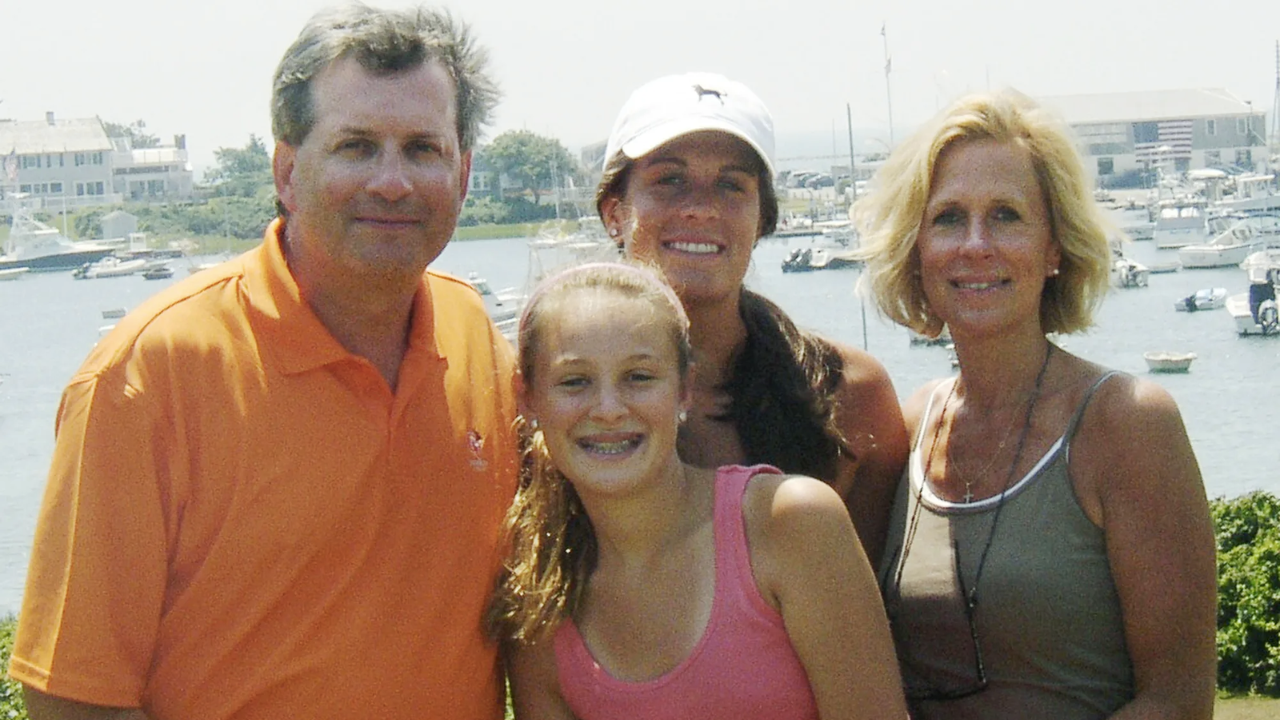

The Cheshire Murders might be the most challenging experience I’ve had with a true crime documentary. On the surface, it’s difficult to endure because the case profiled within is so violent and senseless. But there are numerous additional factors beyond that that make this HBO documentary particularly harrowing to endure. For one, the victims profiled within feel like people that could easily have been your next-door neighbor. Additionally, the perpetrators are beyond detached and completely void of any empathy. Finally, we also come to learn that law enforcement may have been able to mitigate the deadly outcome if they had shifted their focus from capturing the perpetrators to saving the lives of the three people killed in the flames.
The Cheshire Murders chronicles a deadly home invasion in Cheshire, Connecticut that unfolded in July of 2007. Jennifer, Hayley, Michaela, and Dr. William Petit faced a home invasion at the hands of Linda Hayes (who was assigned male at birth and went by Steven at the time of the crime) and Joshua Komisarjevsky. The pair gained entry to the Petit family home and proceeded to sexually assault two family members and ultimately set fire to the residence, leaving all but Dr. Petit deceased.
Also See: This Devastating Netflix Documentary is Guaranteed to Ruin Your Day
One of the most challenging aspects of the doc to digest is the realization that the police may have been able to save the victims from perishing in the fire. The film provides several accounts that suggest law enforcement didn’t act as quickly as they should have. The police reportedly heard screaming from inside the house and chose not to enter the residence at that juncture. There are justifications made regarding the way the case was handled. And there are two sides to every story. But from the information provided, it seems like law enforcement may have prioritized capturing the guilty parties over saving innocent lives. And that is a tragedy in and of itself.
Equally disconcerting is the level of detachment displayed by Hayes and Komisarjevsky. We hear excerpts from their interviews with police and it’s as if they’re casually recounting buying a pack of gum. At times, it feels as though this entire ordeal is innocuous and inconsequential to them. And that disregard for human life adds another layer of agony to the viewing experience. Nothing can bring the victims back. But a greater level of empathy and understanding might serve to make the events that transpired ever-so-slightly easier to digest.
Also Read: This Netflix True Crime Documentary Will Leave You Speechless and Outraged
Further sickening is the lack of perspective exhibited by Komisarjevsky. That he had the audacity to refer to Michaela Hayes by her nickname, KK, is repulsive. The thought of someone killing someone I love and adding insult to injury by using a term of endearment to refer to them posthumously is maddening. As described in the doc, that was horrifying to those that loved her. But Komisarjevsky seemed to have no clue that might be hurtful and profoundly insulting.
The quest for closure is also pretty tough to watch. Much of the back half of the film sees Dr. Petit seeking justice by way advocating for the death penalty. No matter where you stand on the capital punishment, it’s tough to see a doctor (who has dedicated his life to saving lives) angling so aggressively in favor of executing the perpetrators. I can only imagine that to be an unbelievably tough position to wind up in. And while I’m not in favor of the death penalty, I also cannot stand in judgement of Dr. Petit or anyone that has lost a loved one to violent crime that takes that course of action.
Disagree as we might, most of us haven’t walked in his shoes. I have unlimited empathy for Dr. Petit. To lose a spouse is bad enough. But to lose his wife and two children seems a fate worse than death. The very fact that he’s able to get out of bed every day is a testament to his resolve.
Also Read: One of the Most Shocking Documentaries On HBO Max Is Sure To Leave You Speechless
The quest for the death penalty also introduces one more complication. It comes in the form of testimony from Alicia Hayes, the daughter of Laura Hayes. Hayes’ daughter didn’t ask to be roped into this. But she finds herself in an unenviable position. While she understands the impact of what Hayes did, she doesn’t want to see violence met with more violence. She wants to see Hayes pay for what transpired but she doesn’t want to lose a parent. I can’t even imagine what it would be like to be in her shoes.
All in, HBO Max’s The Cheshire Murders is an agonizing viewing experience. Clocking in at nearly two hours, it’s something of an endurance test that just gets worse with each passing minute. The case chronicled within is heartbreaking and there are no easy answers to be found. With that said, the presentation of the facts is respectful.
If you are curious to check the film out, allow me to forewarn that it will require a strong stomach. I felt unsettled and physically ill after taking it in. And I am in no hurry to revisit. With that in mind, if you’re interested in seeking the documentary out for yourself, it is available to stream on HBO Max.
Tags: The Cheshire Murders True Crime

Read The Full Article Here




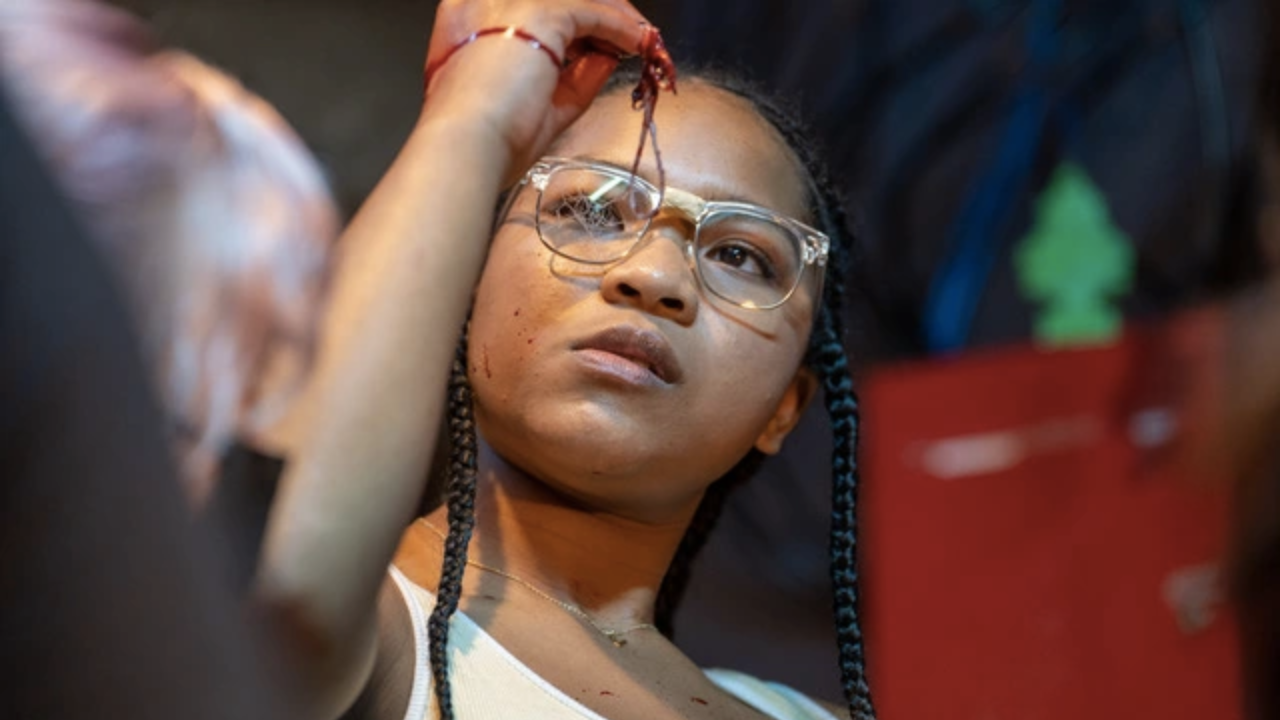




















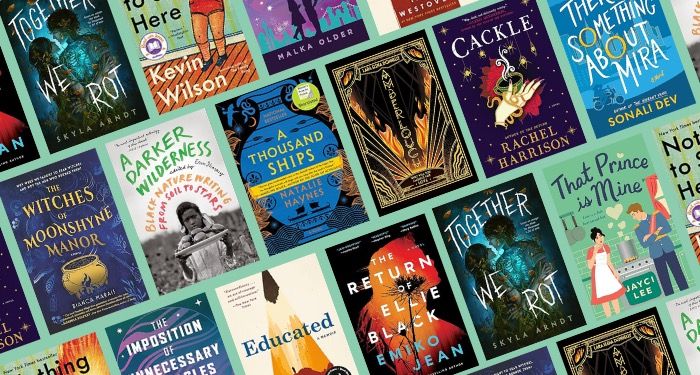
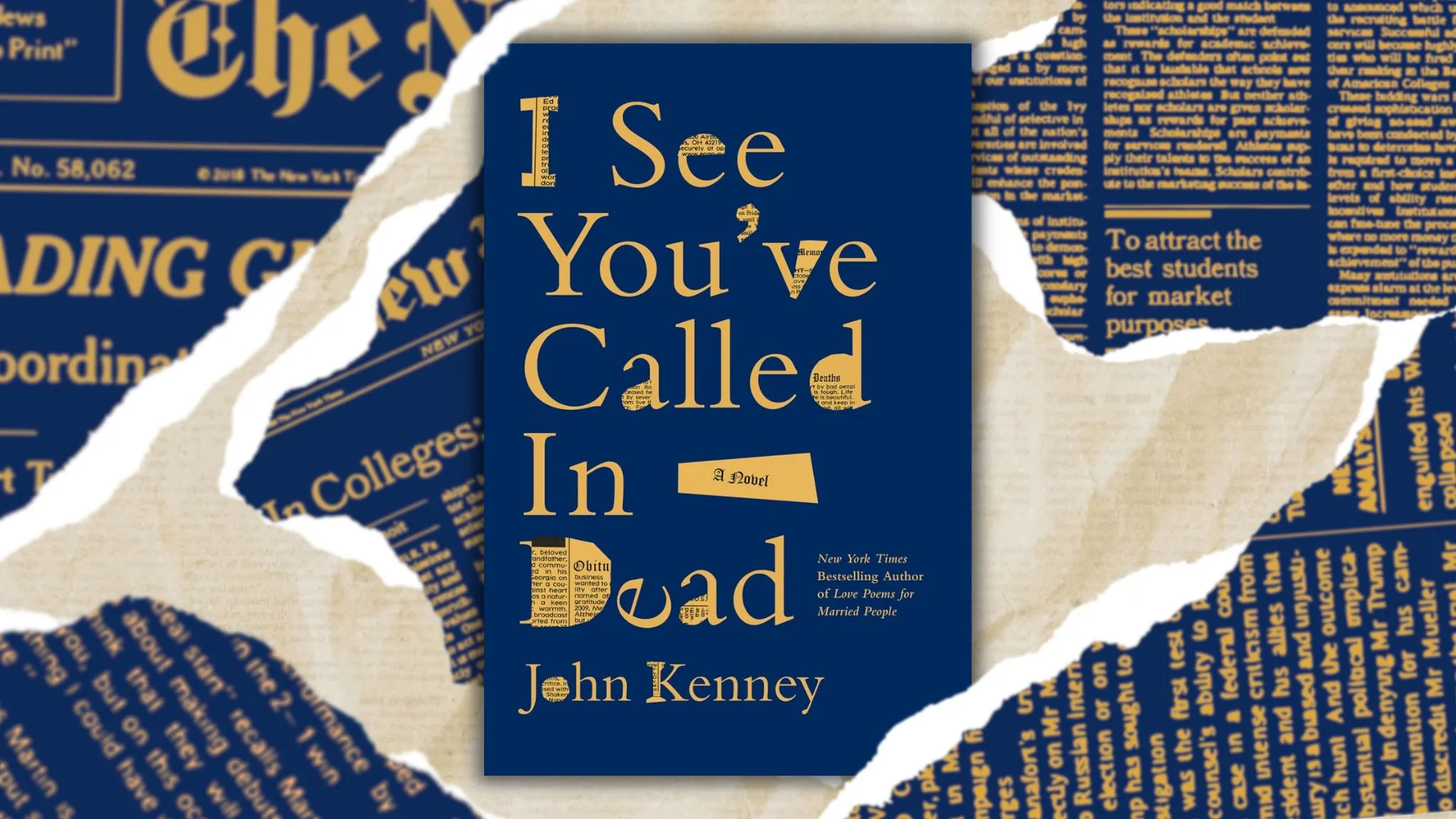
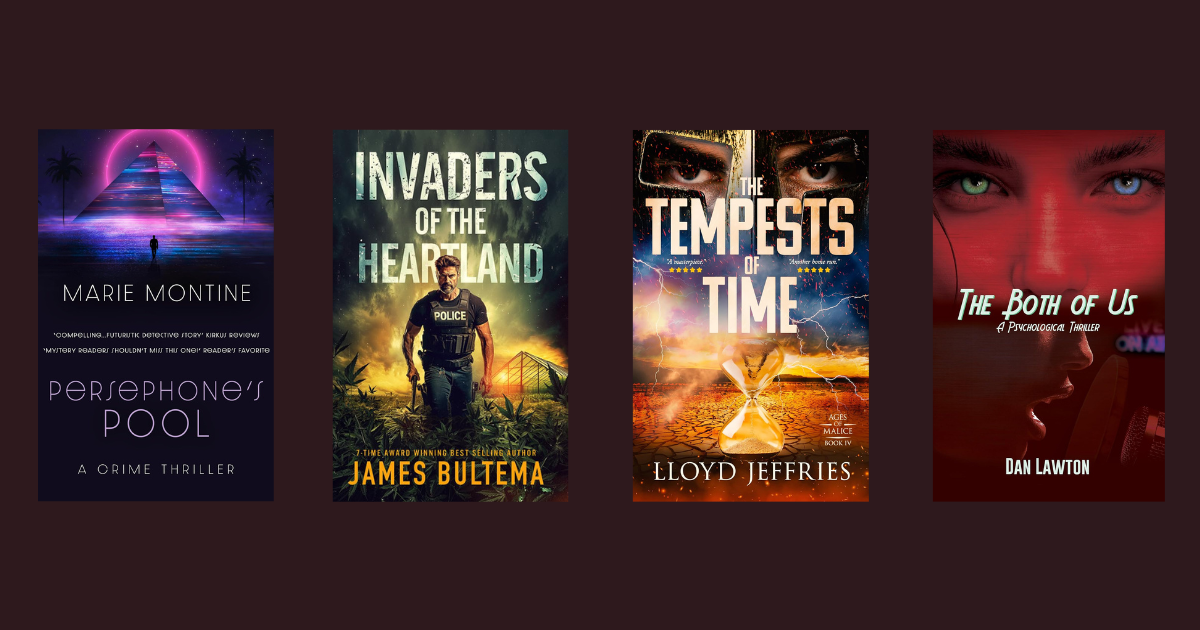
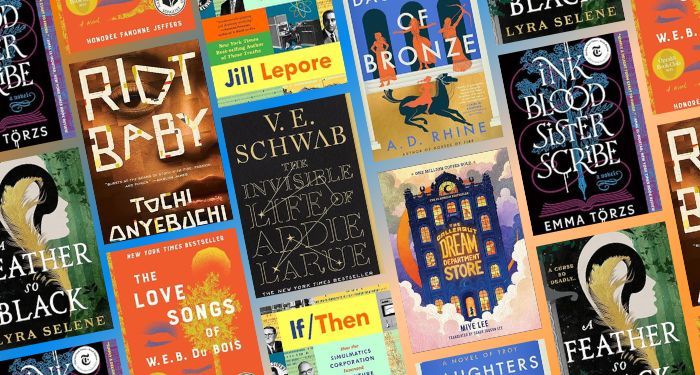

:quality(85):upscale()/2025/05/06/835/n/1922564/8e601b95681a5cf04194c6.14070357_.png)

:quality(85):upscale()/2025/05/05/100/n/1922564/33582ae7681964cb0d40c8.72464171_.png)
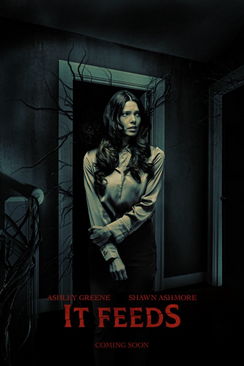
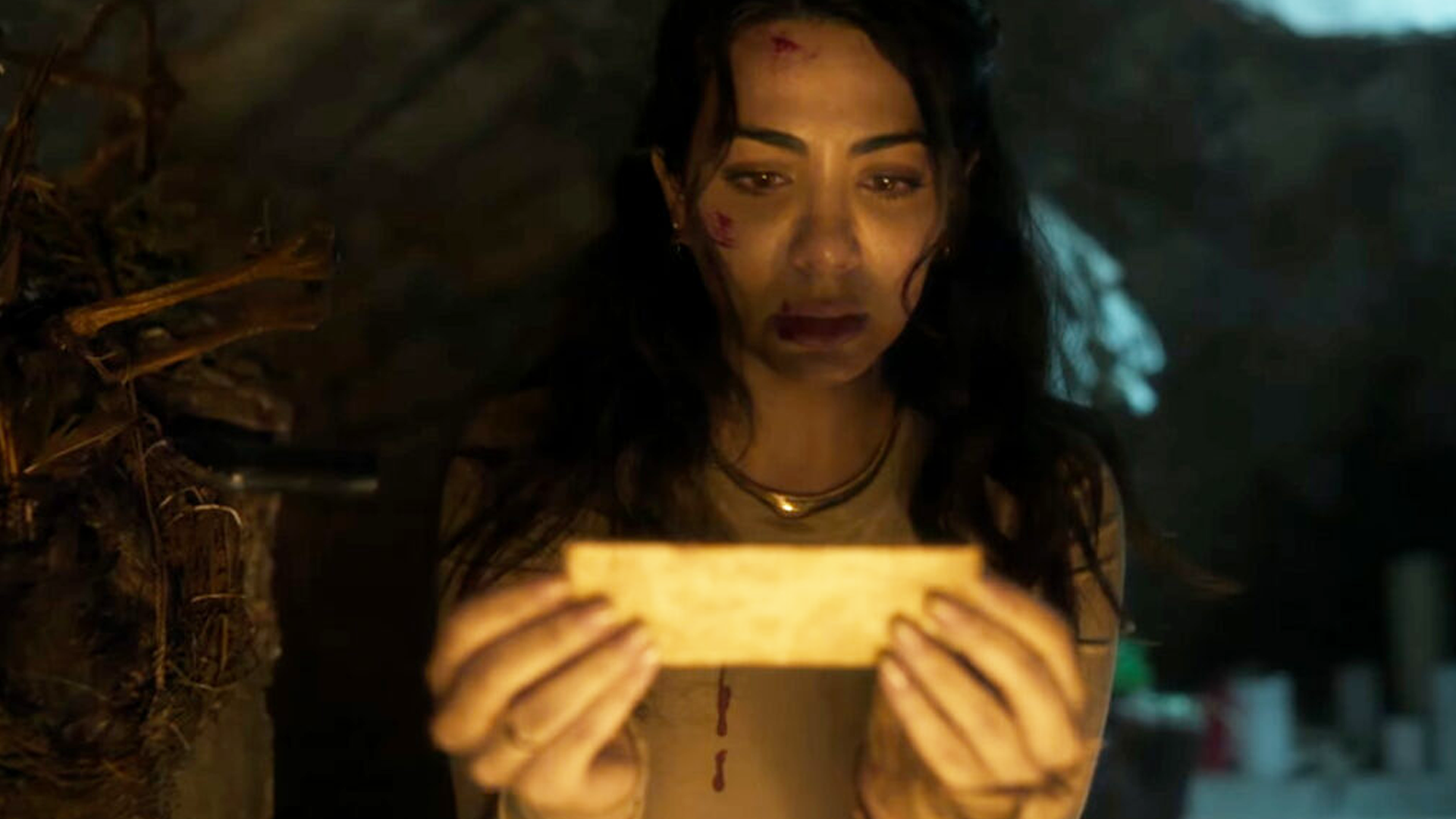

![ABYSMAL RITES – “Restoring The Primordial Order” [Heavy Sludge] ABYSMAL RITES – “Restoring The Primordial Order” [Heavy Sludge]](https://horrornews.net/wp-content/uploads/2025/04/WHD581-600x330.jpg)